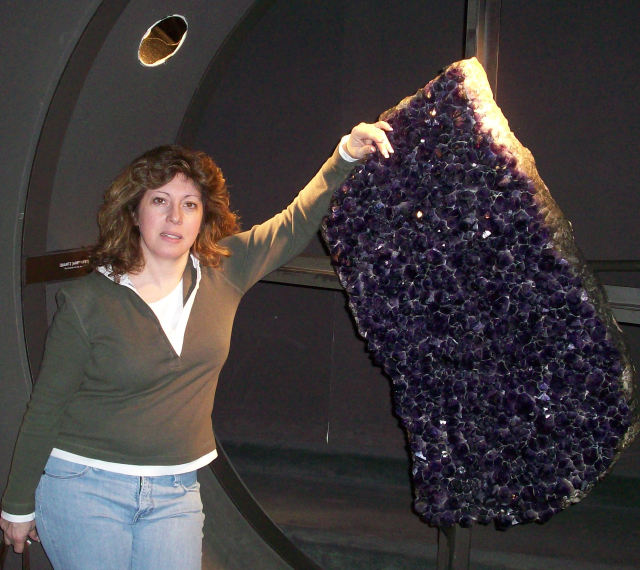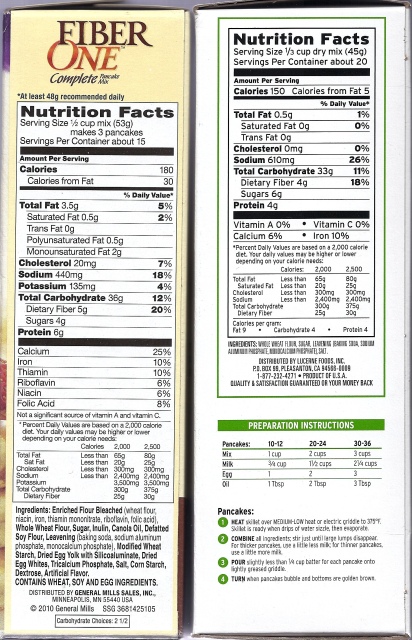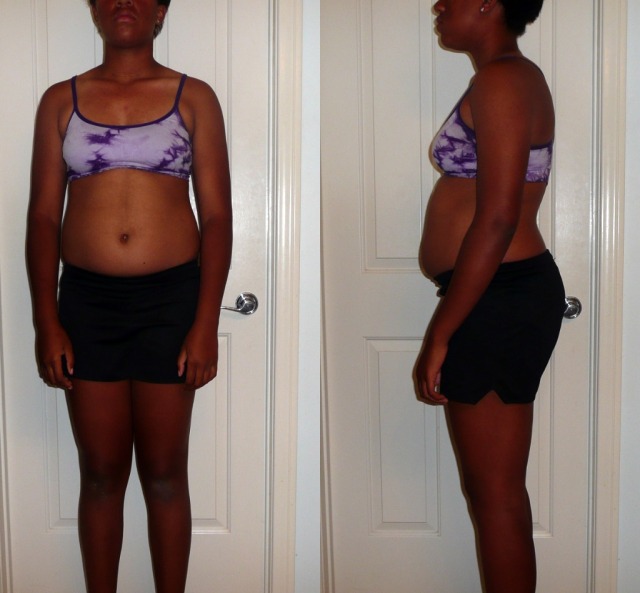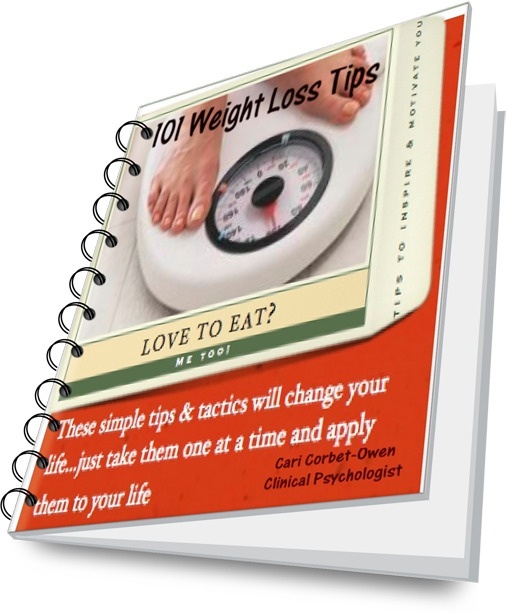Must Lose Weight
Question
I recently found out that my BMI is now 30, officially obese. It's reall woken me up to all the weight I've put on over the past few years. Im 5'4 and I weight 175 pounds. I know I need to lose at least about 40, but Im so overwhelmed that I don't know where to start. I have doubts that I'll be able to lose it all, and I'd really like some advice on how to do it, as well as some eating tips to make sure I can do it. Any suggestions?
HI Camille
You can lose the weight if you take your time and just think of it as a lifestyle change and not a diet. That is what worked for me and I had the same problems that you do. It is overwhelming to say the least.
You can lose between 10 to 15 pounds each month and still maintain your health. I lost 80 pounds very rapidly with no adverse health problems. One of the first things I would suggest is a good multi-vitamin along with a calcium and magnesium supplement. These are all need in order for your body to perform in a healthy manner.
Here are some tips that worked for me. You may want to switch off the Atkins diet every few weeks in order to change your metabolism and speed up the weight loss.
I have lost about 80 pounds and its really all about changing your eating habits and portion sizes.
With some changes in your eating habits and exercising habits you may be surprised at the amount of weight that you can lose in a months time period. You can adverage losing about 2 pounds each week safely so it won't take long to lose the weight.
You can make some adjustments in the foods you are eating but don't try to diet. Just make different food choices.
Don't skip meals. Eat three meals a day and even allow yourself to have snacks. Just choose your foods wisely. Eat plenty of fruits and veggies. Don't try to eliminate all fat. Your body needs some fat, or it will start to make more.
Be sure you get enough calcium by drinking skim milk or calcium-fortified orange juice. Drink at least 32 ounces of water each day. This helps to decrease your appetite and is good for your skin and hair.
Also, be careful not to lose weight too quickly. Don't lose more than one pound per week, and don't be discouraged if you don't see results quickly.
1. Stretch your meals to, at least, 20 minutes or longer. Your stomach, mouth and brain are all connected and it takes 20 minutes of chewing before your stomach signals your brain that you are full. To successfully lose weight, you need to eat slowly for 20 minutes or longer.
2. Drinking 8 glasses of water a day is important to your health, your normal diet and to help lose weight. Water is necessary for the metabolism of your stored fat.
3. Make good food choices such as baked chicken, turkey, fish, tuna fish, lean ham, steak, lean beef or hamburger, veggies prepared without butter, brown rice, white rice, fruits--fresh or canned without extra sugar, low calorie jello, fat free yogurts, salads with low calorie and low fat dressings, air-popped popcorn, fat free pretzels, fruit smoothies made with yogurt, pasta in 2 oz servings.
4. Use snack foods wisely. Here are some suggestions for low calorie snacks. Fat free pretzels, fat free yogurt, air popped popcorn, low calorie jello with fat free cool whip, fruit smoothies made with fresh fruit and frozen yogurt, frozen grapes, sugar free popsicles.
5. When you go fat free or low fat, you also cut out much of the taste of the foods you eat. Add the flavor back with herbs and spices.
6. Increase your metabolism by including some of the fat burning foods and breaking your meals into 4 or 5 smaller meals during the day. Include some Catabolic or Negative calorie foods. I have listings of these foods if they would help you out.
7. Negative emotions will also interfere with your weight loss program. It's difficult to stay motivated to lose weight when you feel bad.
8. To lose weight faster, reduce your intake of caffeine. Caffeine leads to an increase of insulin in your body that retards the burning of your stored fat.This is a simple chemical reaction in your body that you can change. Reduce your caffeine intake by 50% and see what happens. Here is a rough guide to use when looking at the amount of caffeine you currently take in: Brewed coffee (6 oz. cup) - 100mg; Instant coffee (6 oz.) - 70mg; Tea (6 oz.) - 50mg; Soft drinks (12oz.) - (Coke, Dr. Pepper, Mountain Dew) - 50mg; Dark chocolate (1 oz.) - 20mg and Milk chocolate (1 oz.) - 6mg.
9. Incease your intake of fiber rich foods. They will help fill you up faster and will help all the food you eat pass through your digestive system more easily.
10. Exercise is probably the most important key to increasing your metabolism and burning off excess fat.
11. To lose weight quickly, never skip a meal. Your first meal after waking starts your metabolism. Your metabolism then speeds up for about eight hours and then starts slowing down until you go to sleep when it goes to low until you wake and eat and start the cycle again. Skip breakfast and your metabolism doesn't get started until lunch time. You've just missed three or four hours of fat burning time. When you skip meals during the day, your metabolism also slows down.
12. There are certain things that should be avoided when trying to lose weight such as--all fried foods--have them baked, broiled, grilled or pan fried using a non fat spray. Avoid rich gravies, sauces,rich desserts, sodas because of the sodium content.
13. Try including some fiber in the diet as it is very healthy for you and also expands in your stomach and gives you a full feeling.
14. Make sure that you have your caloric needs figured out and also keep the fat grams down to only 20 percent of the daily food total.
15. Daily calorie intake--
We all need a minimum number of calories simply to survive, but we can also set a calorie limit to maintain a healthy weight. You can calculate the total number of calories you need for your type of lifestyle, then use this figure to decide on a range of calories to consume each day - it's not an absolute figure.
Steps:
1. Calculate the minimum number of calories you need by multiplying your current or desired weight in pounds by 10 if you're a woman, 11 if you're a man. This number represents your basic calorie needs.
2. Calculate the number of calories required for your activity level (see tips, below) by multiplying your basic calorie needs (the calculation from step 1) by your activity level - 20 percent or 0.2, 30 percent or 0.3, 40 percent or 0.4, or 50 percent or 0.5. The resulting number represents your activity-based calorie needs.
3. Calculate the number of calories your body needs for food digestion and absorption by adding your basic calorie needs and your activity-based calorie needs (the answers from steps 1 and 2) and multiplying this sum by 0.10. These are the calories you need for digestion.
4. Add the three calculations from steps 1, 2 and 3: This is your total daily calorie need to maintain your desired weight.
Tips:
Use the following as a guideline for determining your activity level: 20 percent if you sit or lie still for most of the day, with little or no exercise; 30 percent if you walk less than two miles per day; 40 percent if you are somewhat active, doing activities such as dancing, doing a lot of work in the house or garden, or taking exercise classes; and 50 percent if you're actively involved in a sport or you have job that requires a great deal of physical labor, such as construction work.
There are 3,500 calories in a pound, so to lose one pound per week, you need to decrease your calorie intake by 3,500 calories a week, or 500 calories a day.
If you need added information--let me know.
Take Care
Jackie
- Prev:Carbonated Beverages
- Next:Low Calorie Diet
Related Articles
-
body fat loss
QuestionQUESTION: im interested in losing some body fat. my chest
-
I need edvise for my friend.
QuestionHi. I need your expert opinion for a friend of mine. Now
-
Trying to lose weight.
QuestionHi there, im Kenny, 24 years old and 14 stone 9 pounds =
-
Increase triglyceride levels
QuestionDear Todd, Im 15 and an elite basketball player(64, 160 p
-
Healthy Weight for Tall Child
QuestionMy child just turned 7 and is 47 and weighs 100lbs. The B
-
cant eat veggies
QuestionQUESTION: I suffer from IBS-C and veggies are my main tri




